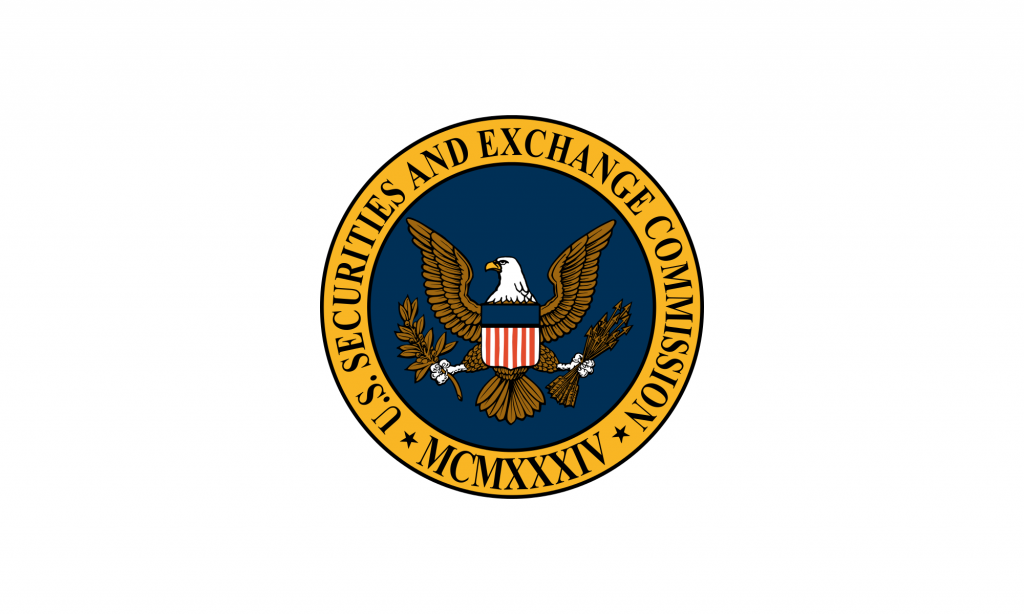
- The U.S. Securities and Exchange Commission has warned Coinbase that it will sue the cryptocurrency exchange if it launches a new digital asset lending product
- But the SEC moves could have the deleterious effect of pushing cryptocurrency exchanges offshore and it’s unclear what the ultimate goal of the regulator is
The U.S. Securities and Exchange Commission has threatened to sue listed cryptocurrency exchange Coinbase Global (-0.69%), if the latter goes ahead to offer a returns on crypto lending, a practice already common with other major exchanges.
This past week the SEC warned that Coinbase’s proposed product, termed simply “Lend” and which would pay out interest on depositor’s cryptocurrencies, would fall afoul of existing security laws for being unregistered.
Some see the SEC warning to Coinbase as sign that there’s a new sheriff in town, yet the tactics being used by the current SEC Chairman Gary Gensler, look painfully similar to the previous sheriff, Jay Clayton.
A Trump-era appointee, Clayton favored tactical ambiguity, using piecemeal regulatory enforcement action against initial coin offerings while leaving cryptocurrencies like Bitcoin and Ether much to their own devices.
Gensler’s SEC however goes even one step further, aggressively using its powers, even going so far as to subpoena documents and other information from Coinbase Global, ahead of it even launching the would-be products that would allegedly be in violation of existing securities laws.
Such a “pre-emptive” strike would be unprecedented as typically, the SEC waits for firms to start selling investment before announcing possible sanctions, issuing stop orders and then requiring firms to recompense investors.
But the threat of a lawsuit by the SEC could also have a chilling effect on innovation in America’s burgeoning cryptocurrency markets.
Gensler, who taught cryptocurrency and blockchain technology at the MIT Sloan School of Management, before taking up the reins at the SEC, was vaunted by the cryptocurrency community.
Finally, many thought, a regulator who actually understands and gets the market.
But that optimism that Gensler would usher in a new wave of innovation and embrace of cryptocurrencies in the financial markets was all but erased from his repeated speeches about how the industry is the “wild west of our financial system” and “desperately needs rules of the road.”
While cryptocurrency advocates in general are not necessarily against regulation, piecemeal enforcement action is not regulation, it’s just saber rattling and fear mongering and takes the industry backwards.
The last thing regulators should seek to do is to drive the cryptocurrency industry into the shadows.
In June, the U.K.’s Financial Conduct Authority conceded that it wasn’t able to effectively police cryptocurrency exchange Binance, which is why it may be more prudent for regulators to work in concert with stakeholders as opposed to against.



